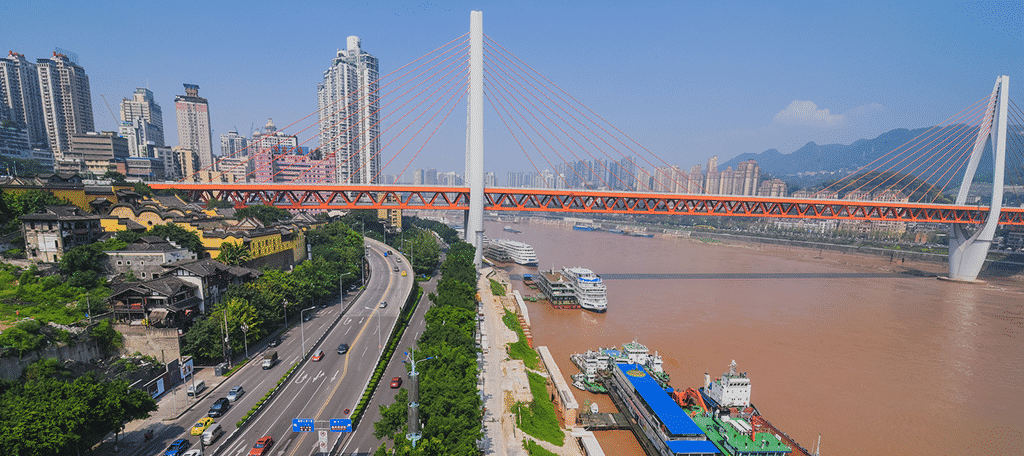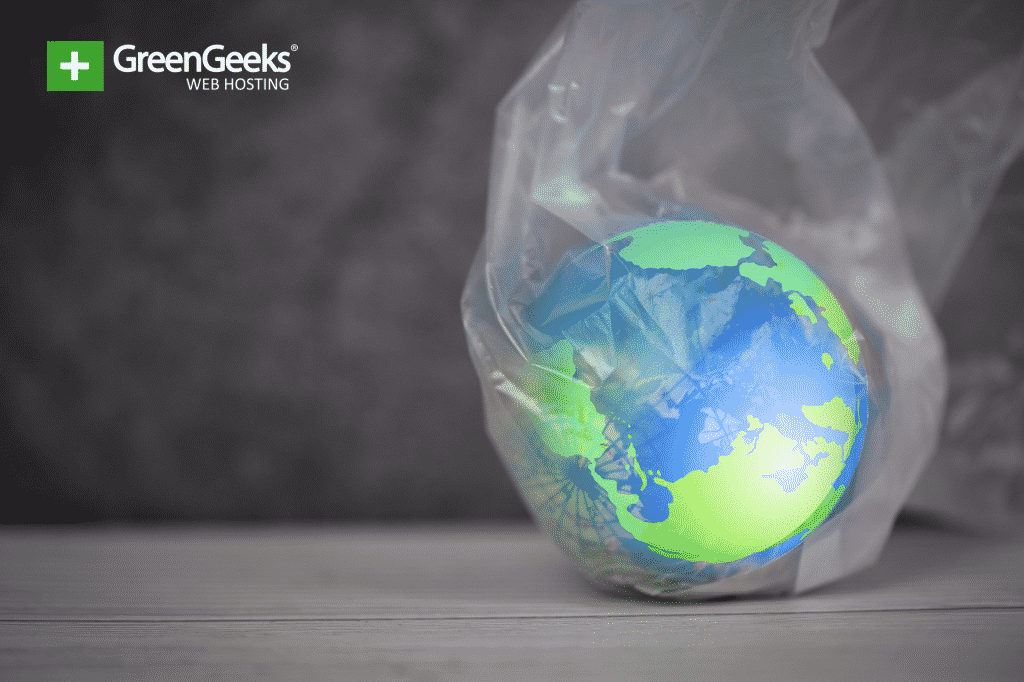China will begin enforcing a countrywide plastic ban that will begin phasing out single-use plastic by 2025. The proposed plan will have larger cities start phasing out the plastics by the end of the year, but give smaller towns a longer grace period before they must do so as well.
It’s no secret that China is a huge manufacturer of the world’s goods. In fact, it’s very hard to find something not made in China. And it should also not be a surprise that China produces 29% of the world’s plastic products.
However, China also has one more interesting plastic fact. The Yangtze River deposits 55% of all river-to-ocean plastic pollution in the world. Making it by far the biggest ocean pollution problem in the world.
A plastic ban in China can have a serious impact on plastic pollution in a global setting.
What the Plan Details

The plan is very detailed when it comes to what parts of China will phase out plastic by what year.
Plastic straws will become unavailable across the country by the end of 2020. Catering businesses and restaurants will also no longer offer plastic cutlery in major cities.
Thin plastic bags will also be banned in major cities by 2020, but smaller cities will have anywhere between 2022 and 2025, depending on their size and location, to also ban plastic bags.
By 2025, hotels will no longer be allowed to offer any type of single-use plastic and the postal office will no longer be allowed to use plastic packaging of any kind.
These changes will have an enormous impact on the amount of plastic pollution China will produce. On top of this, it sets a strong example for other countries that are hesitant about banning plastic.
Not Just a Plastic Ban
On top of phasing out single-use plastics, the country will also be encouraging the use of degradable and recycled plastic. Recycled plastic, in particular, can add incentive to collecting discarded plastic because it will have an actual value.
And China will develop its recycling infrastructure to match make sure less plastic waste gets into the ocean. China will certainly be cleaner by 2025.


